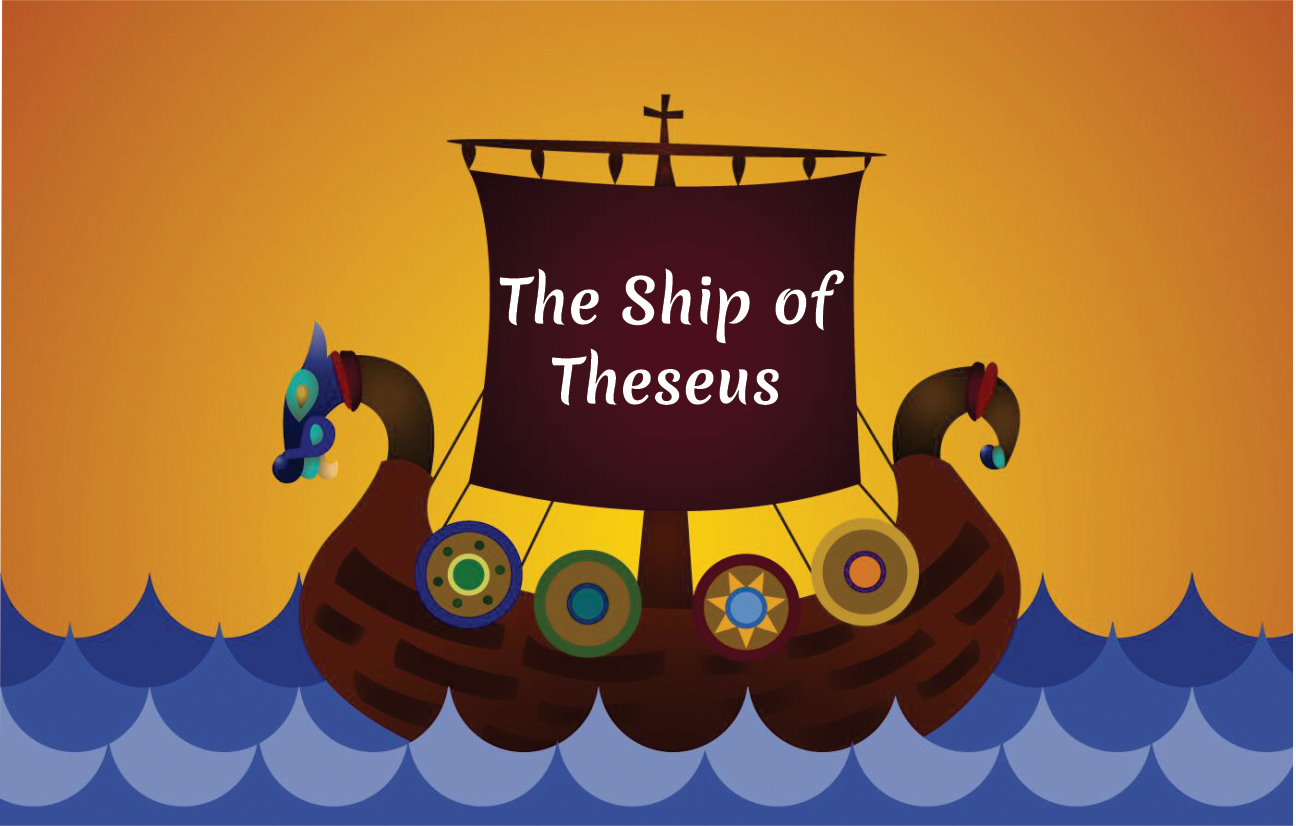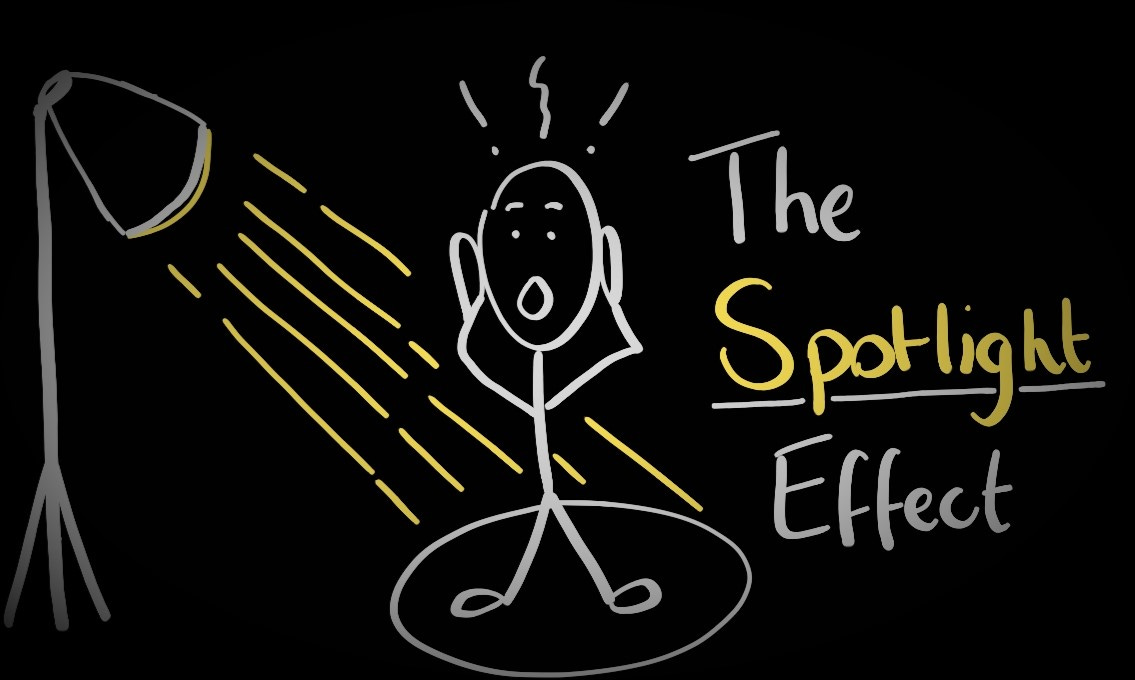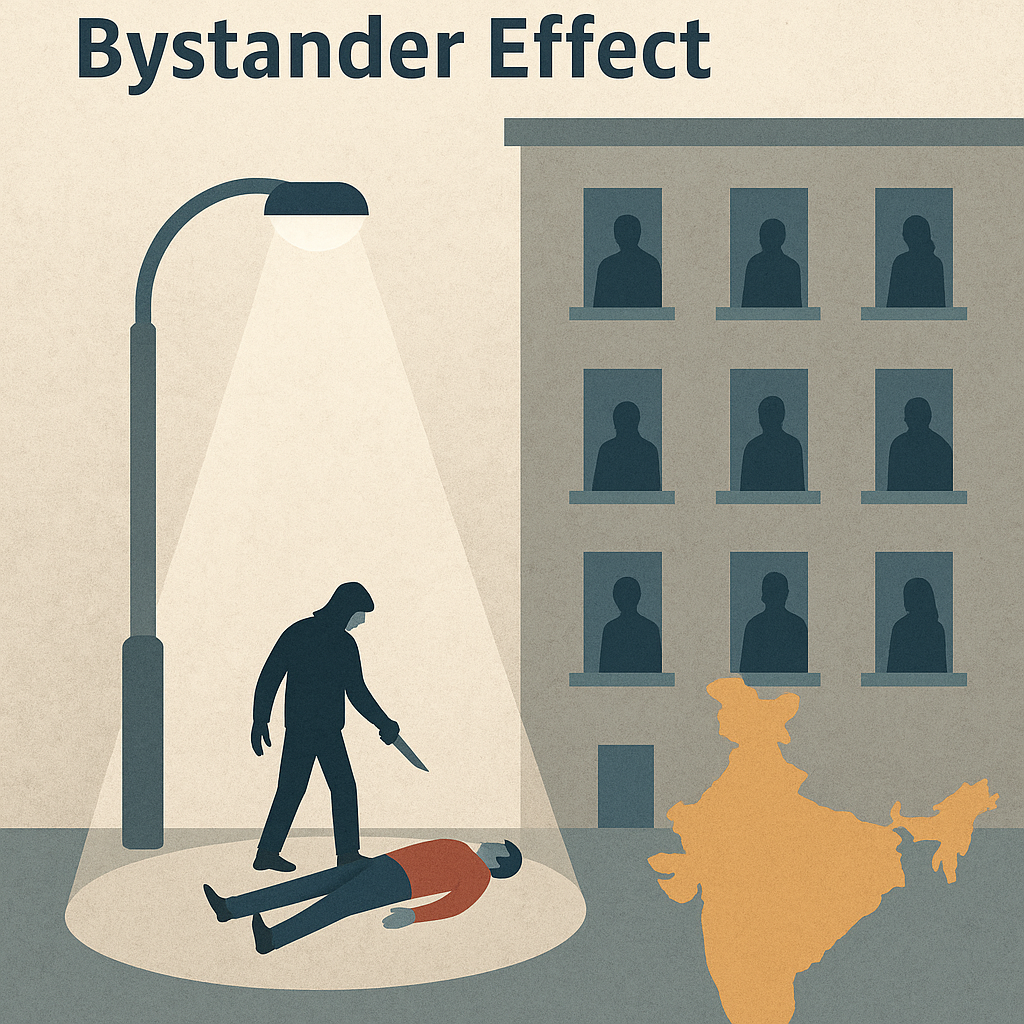Ever noticed how your advice to friends is pure gold, but when it comes to your own problems... well, it’s more like glitter? Why is it so easy to solve someone else’s mess, but not your own? This strange little puzzle has a name: the Solomon Paradox. Named after the famously wise King Solomon, who gave great advice but struggled with his personal life, this idea shows how our brains work differently for others than for ourselves. And it all starts with the man behind the name.
The Wise King Who Made Dumb Choices
King Solomon was known as the wisest man in ancient times. People traveled from distant lands just to hear his advice. He even wrote powerful proverbs about self-control, fairness, and making good choices. But here’s the twist: he didn’t always live by them. Despite his wisdom, Solomon made poor decisions in love, power, and leadership. Kind of like a sailor who helps others navigate storms but can’t steer his own ship straight. His story isn’t just ancient history. It’s a mirror. It shows us how even the smartest minds can slip when their own heart is on the line.
The Psychology Behind the Paradox
So, what’s really happening in our heads when we fall into the Solomon Paradox? Why can we see other people’s problems so clearly but get lost in our own?
Psychologists say it comes down to something called self-distancing. It means stepping back from your thoughts and emotions, almost like viewing your life from the outside. When we give advice to a friend, we naturally do this. We're not emotionally tangled in their situation, so we see things more clearly. We're calm, logical, and (let's be honest) sometimes even a bit smug about how obvious the solution is.
But when it’s our turn in the emotional hot seat? Everything changes. Our brain is no longer cool and rational. It’s swimming in worry, fear, ego, and what-ifs. That’s called emotional bias, and it clouds our judgment like fog on a windshield. Even if we know the right thing to do, emotions can make it hard to act on that knowledge.
Imagine you're making a tough decision onboard under pressure — time limits, safety concerns, and crew expectations. It feels overwhelming. But discuss the same scenario later in a conference room, and it all seems obvious. Same brain, totally different results.
This is the core of the paradox: we become wiser when we step away from ourselves. And the good news? With practice, we can train our minds to self-distance even in our own lives.
Some people talk to themselves in the third person or ask, “What would I tell a friend in this exact situation?” These simple tricks create just enough space between you and your emotions to let clarity in.
So, how can you actually use this in real life when you're stuck in your own storm? Let’s explore how to turn the Solomon Paradox into a secret weapon for smarter choices.

How to Be Your Own Wise Friend
So, now that you know about the Solomon Paradox and why it happens… the big question is: how do you flip the script? How do you stop being the clueless star of your own drama and become the wise friend you already are for everyone else?
Here’s how to outsmart yourself — without losing your mind in the process.
- Talk to Yourself (Without Feeling Like a Weirdo)
This trick is called self-distancing through dialogue. You can try the mirror method, where you literally talk to your reflection, or the empty chair method, where you imagine you’re talking to yourself as if you're your own therapist. It sounds awkward at first, but it works. You can even channel your inner movie critic.
Ask yourself: “Okay, what are you really doing here? And what advice would you give if this was your bestie?”
Speak to yourself like you would to someone you care about. Be honest. Be kind. Be wise. And yes, you can still roll your eyes while doing it.
- Write It Out (Then Read It Later Like It’s a Movie Script)
Here’s the twist: Don’t just write it. Re-read it later. Pretend it’s the script of a Movie drama. Would you root for this character? Would you scream, “No, don’t text her/him!” or “Why are you still stuck in this? You know you deserve better.”
That kind of emotional detachment can help you spot your own patterns, red flags, and blind spots. Suddenly, you’re not trapped in the story; you’re the wise viewer, popcorn in hand, seeing it all clearly.
- Be Someone Else (Sort Of)
Maybe they’ll say you’re like that friend who never takes a break. Or maybe you’re giving off big “always-fixing-everyone-else’s-life” energy. Whatever the answer, it’s a mirror in disguise.
Now, take that character and do a mini case study: What worked out for them? What didn’t? What would you have advised them to do?
This mental trick helps you step out of your own head and see your life from the outside.
- Get a Support System
You know the type. The one who says, “You’re being dramatic,” or “This isn’t love, it’s just loneliness in disguise.” It might feel rude, but sometimes, clarity comes wrapped in brutal honesty.
Having a support system that keeps you grounded is a superpower. Not every voice needs to be gentle. Some just need to be clear.
In short? Outsmarting yourself isn’t about pretending you’re not emotional. It’s about creating just enough space between you and your emotions to see the truth. Be your own wise friend. You've already been that person for others. Now it's your turn!
Wisdom in Leadership
Onboard a ship, leadership is about more than giving orders. Senior officers have a unique chance to model wise reasoning for their crew. When officers show calm and clear thinking, especially in tough situations, they set the tone for everyone. This helps build trust and confidence, which are crucial at sea.
One great way to bring Solomon’s Paradox into ship life is through mentorship and open conversations. Experienced crew members can share their stories and lessons learned, helping others see things from different angles. When officers encourage their teams to talk openly about challenges, it creates a culture where everyone feels supported and wiser.
Another powerful tool is using Solomon’s Paradox in debriefs and case studies. After a difficult voyage or incident, step back and look at what happened—not just from your perspective but as if you were advising a friend. Discussing real situations helps crew members practice stepping outside their own shoes. It trains everyone to think more clearly, even when emotions run high.
So, next time you’re stuck or facing a tough decision, try stepping outside your own shoes. Imagine what advice you’d give to a fellow sailor in your place. You might be surprised at how wise you already are.
Remember the saying, “He who walks with the wise grows wise.” Just make sure to check your own shoes first. Being a wise leader starts with knowing yourself well.
Conclusion:
Are you the friend with all the answers but none for yourself? If so, you’re not alone. The Solomon Paradox reminds us that even the wisest can struggle with their own problems. Solomon gave brilliant advice but stumbled in his personal life—just like many of us do. The good news is that wisdom isn’t about perfection. It’s about learning to see yourself clearly, just like you do for others.
By stepping outside your own shoes, talking to yourself like a trusted friend, or even journaling your thoughts, you can unlock your inner wisdom. Use these tools to become your own wise advisor, not just for others but for yourself too.
So, be wise like Solomon, but also not like Solomon—learn from his story, outsmart your own mind, and make your personal decisions with the clarity you offer to your friends.




